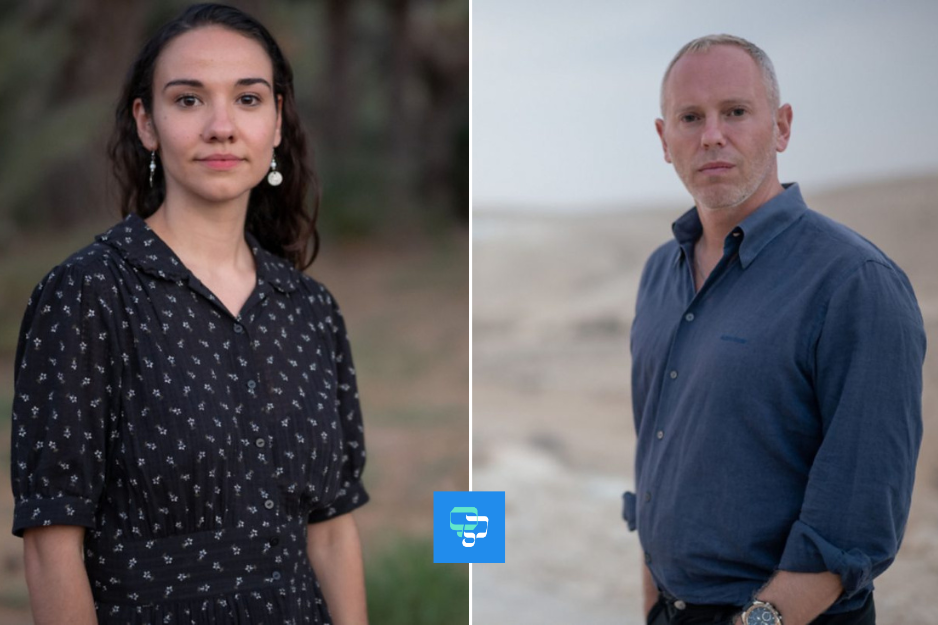
by Sharon Booth, SNS Founder & Executive Director
Having watched the two-part BBC series: ‘The Holy Land and Us’, the immediately intimate nature of the documentary’s approach made me reflect on the power of the personal story for inspiring empathy, and the fact that narratives do not have to agree or be reconciled for something constructive to be achieved.
In our own education programme at Solutions Not Sides, we have long valued the sharing of individual life experiences as a tool for learning about why things are as they are, and how we might play a part in changing them for the better.
As a 15-year-old, I was inspired by the book: ‘To Kill A Mockingbird’, by Harper Lee, and was struck by the way in which Boo Radley’s character was shrouded in fear and suspicion until eventually the protagonist had an experience of ‘standing in his shoes’. Then suddenly he was no longer someone to be feared and shunned but understood and sympathised with.
This is the impression that I got from watching these people’s stories. The events of the late 19th and 20th Centuries created a situation where circumstances larger than any of the individuals featured in the programme swept them up and carried them towards a future that doubtless none of them would have chosen, had world peace been their reality instead of world war.
What I realised while watching it was that, if I had been born where they were born and had those experiences, I would have acted the same way to protect myself and my nearest and dearest, and I would feel the same way as their descendants feel today.
The fear that if we acknowledge this, we will somehow excuse or justify the wrongs of the past, is what prevents some people from doing so. Similarly, facing that wrongs have been done in the past often generates fear that posterity must ‘pay the price’ so the past is denied or avoided.
In a solutions-focused approach, empathy and humility are two of the qualities that help to build trust and ensure that justice is achieved without more injustice being done. The future should be a win-win outcome for everyone, not a continuation of suffering because history must either be reversed or repudiated.
‘The Holy Land and Us’ allows us to stand in ‘the other’s’ shoes for a while and understand some of the myriad individual human stories that have led to the emotions and actions of people today. The question the viewer needs to ask themselves as they come away from this series is: “Will the uncomfortable emotions that I feel lead me to continue being part of the problem, or to become part of a win-win solution?”